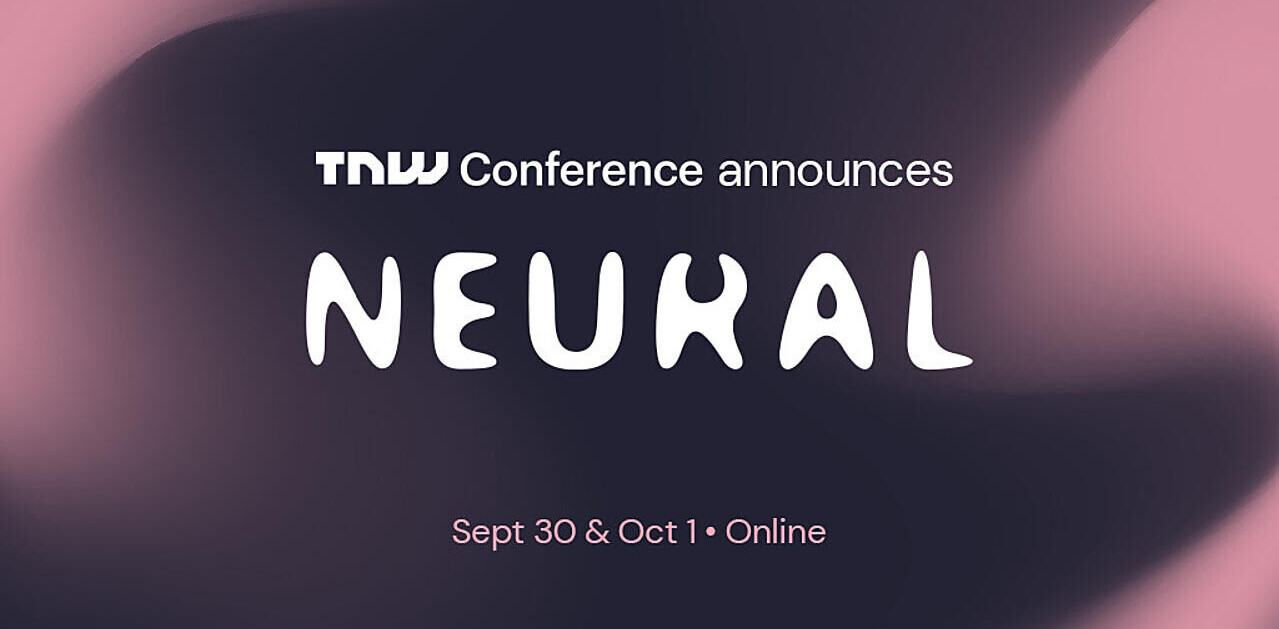
A new study shows early evidence that receiving unsolicited sexual imagery through text, or being coerced into sending it is associated with mental health distress. This is the first research linking both non-consensual and coerced sexting behavior with depression, anxiety, and low self-esteem.
The research was co-authored by Bianca Klettke, David J. Hallford, Elizabeth Clancy, David J. Mellor, and John W. Toumbourou at Deakin University in Victoria, Australia. According to the team’s research:
We recruited a convenience sample of young adults … to test the hypothesis that sexting might be associated with poorer mental health. Our results showed no association between receiving or sending sexts overall. However, receiving unwanted sexts, or sexting under coercion, was associated with higher depression, anxiety, and stress symptoms, and lower self-esteem, and these two sexting experiences were independent predictors of psychological distress.
The study’s purpose was to bridge the gap between previous research indicating sexting itself was associated with mental health distress, anxiety, depression, and/or low self-esteem and that indicating there was no discernable connection between the two. The researchers wrote:
One potential explanation for the discrepancies in findings on sexting and mental health may be how willingly a person receives or sends the sext. In one study, 52.3 percent of young adults had consensually engaged in sexting behaviors, despite reporting not wanting to do so. Motivations for this behavior included flirtation, foreplay, to fulfill a partner’s needs, or for intimacy reasons … As already noted, it could be that psychological distress impairs an individual’s decision-making processes, and, therefore, they are more inclined to send a sext when they do not want to.
While nearly the same percentage of both male and female study participants reported experiencing non-consensual sexting experiences (a little less than 1 in 4 each), the study results indicate males were prone to worse mental health outcomes than females:
Interestingly, the analyses testing whether gender moderated the relationship between receiving sexts and psychological functioning indicated that receiving unwanted sexts was more strongly related to psychological distress for males than for females.
It’s worth noting that both genders responded about the same on self-reported testing of their levels of anxiety, depression, and self-esteem when it came to being coerced into sending images.
About half of all young adults have sent or received sexually explicit imagery via some form of text messaging – at least according to most current research. These findings would indicate that sexting, itself, isn’t the problem. The use of coercion, and/or the bypassing of consent to obtain and/or send sexually explicit imagery is what’s wrong, and it’s obvious that these behaviors go well beyond creepy.
According to the team, those who attempt to coerce others into this kind of sexting are at risk of being or becoming sexually violent:
That is, the findings of our study may shed light on why some researchers conceptualize sexting as simply a normative sexual behavior, while others see it as a potential risk behavior, including for sexual violence. Indeed, our findings indicate that both can be true. Sexting behaviors can range from consensual sexting as a normative behavior exploring one’s sexuality to non-consensual sexting which is associated with negative mental health outcomes and more closely resembles a form of intimate partner violence.
This is by no means an exhaustive study of the mental health issues associated with these behaviors. The research was limited in scope to 444 participants spread almost evenly over gender, and didn’t take into account the relationship or gender of the people sending/requesting the sext messages.
It’s apparent that people who engage in coercive sexual behavior online or through text messaging are just as predatory and dangerous as those who do it offline. Hopefully studies such as this one – which you can read in full here – will help inspire conversation on the importance of enthusiastic consent. Because exposure to sexually violent behavior shouldn’t be a requirement for existence in a society that makes being online near-mandatory.
H/t: EurekAlert
TNW Conference 2019 is coming! Check out our glorious new location, inspiring line-up of speakers and activities, and how to be a part of this annual tech bonanza by clicking here.
Get the TNW newsletter
Get the most important tech news in your inbox each week.





